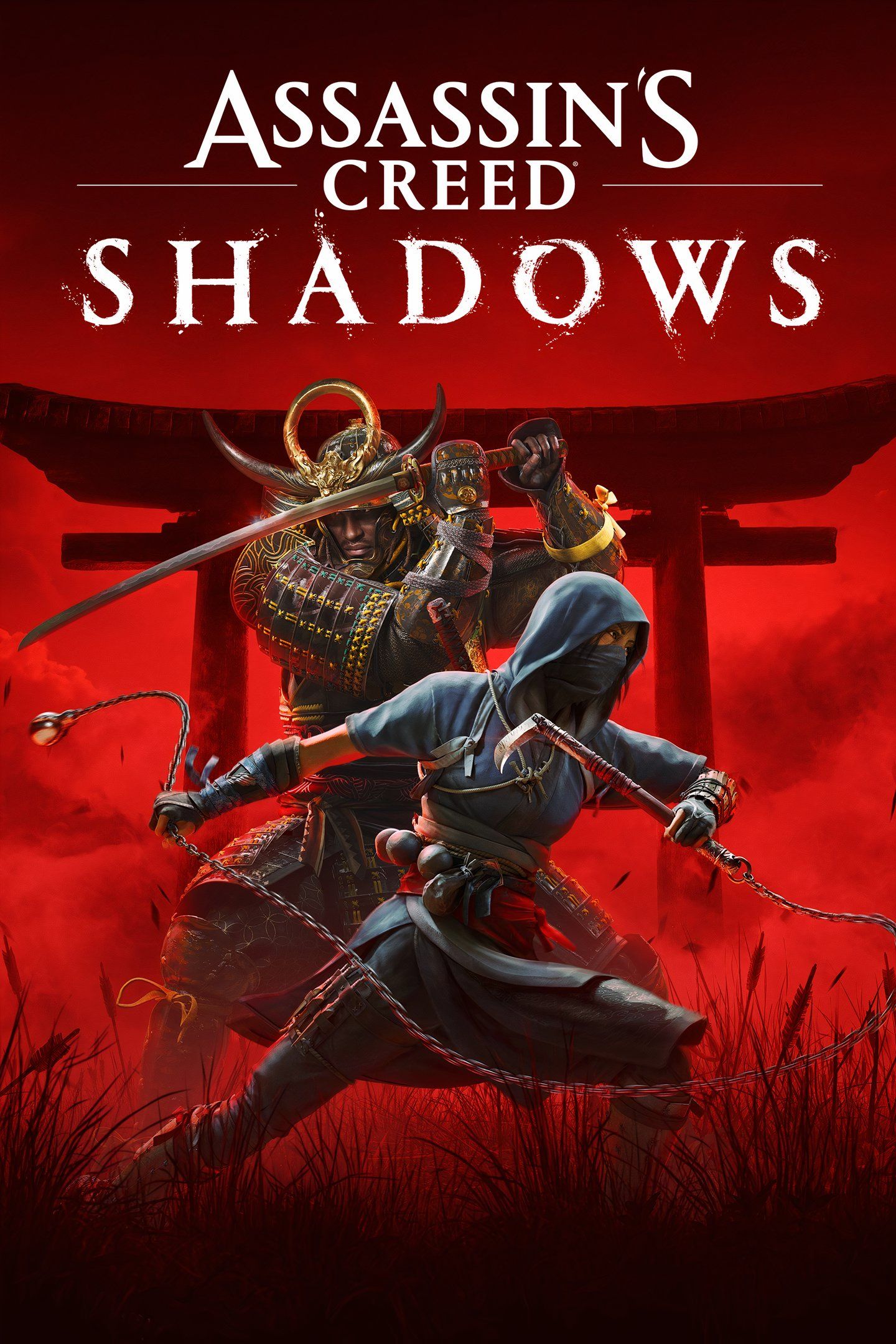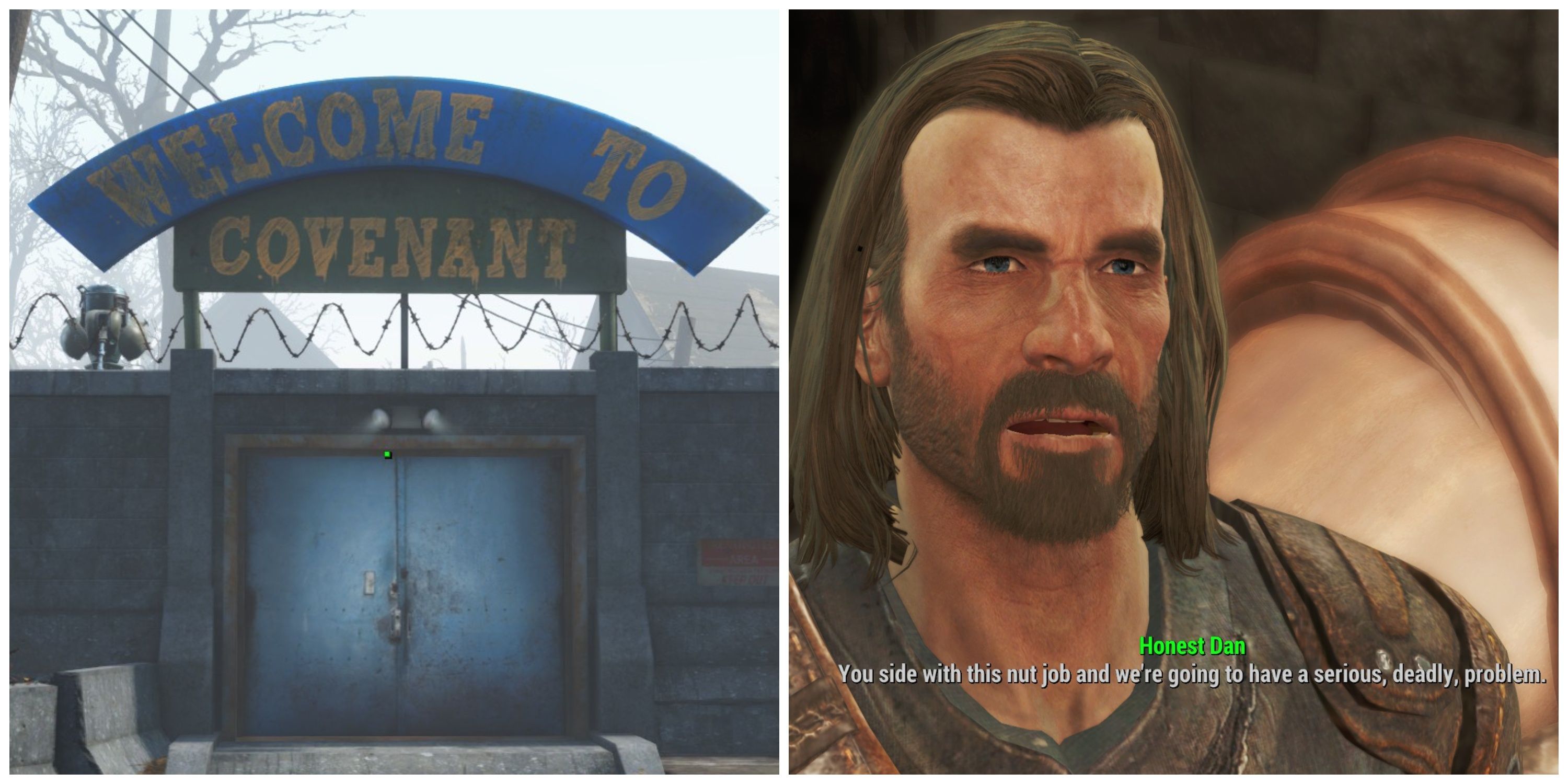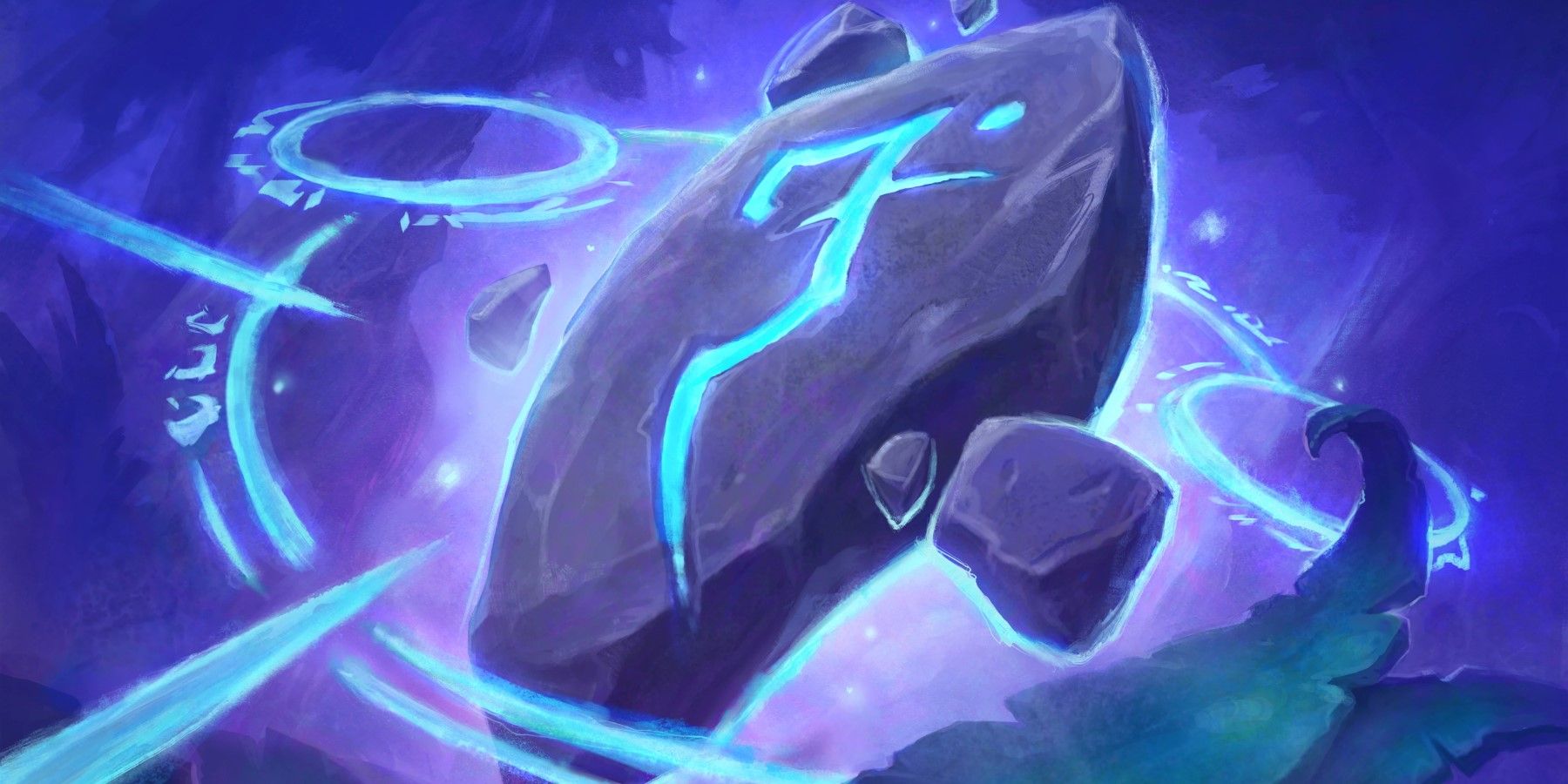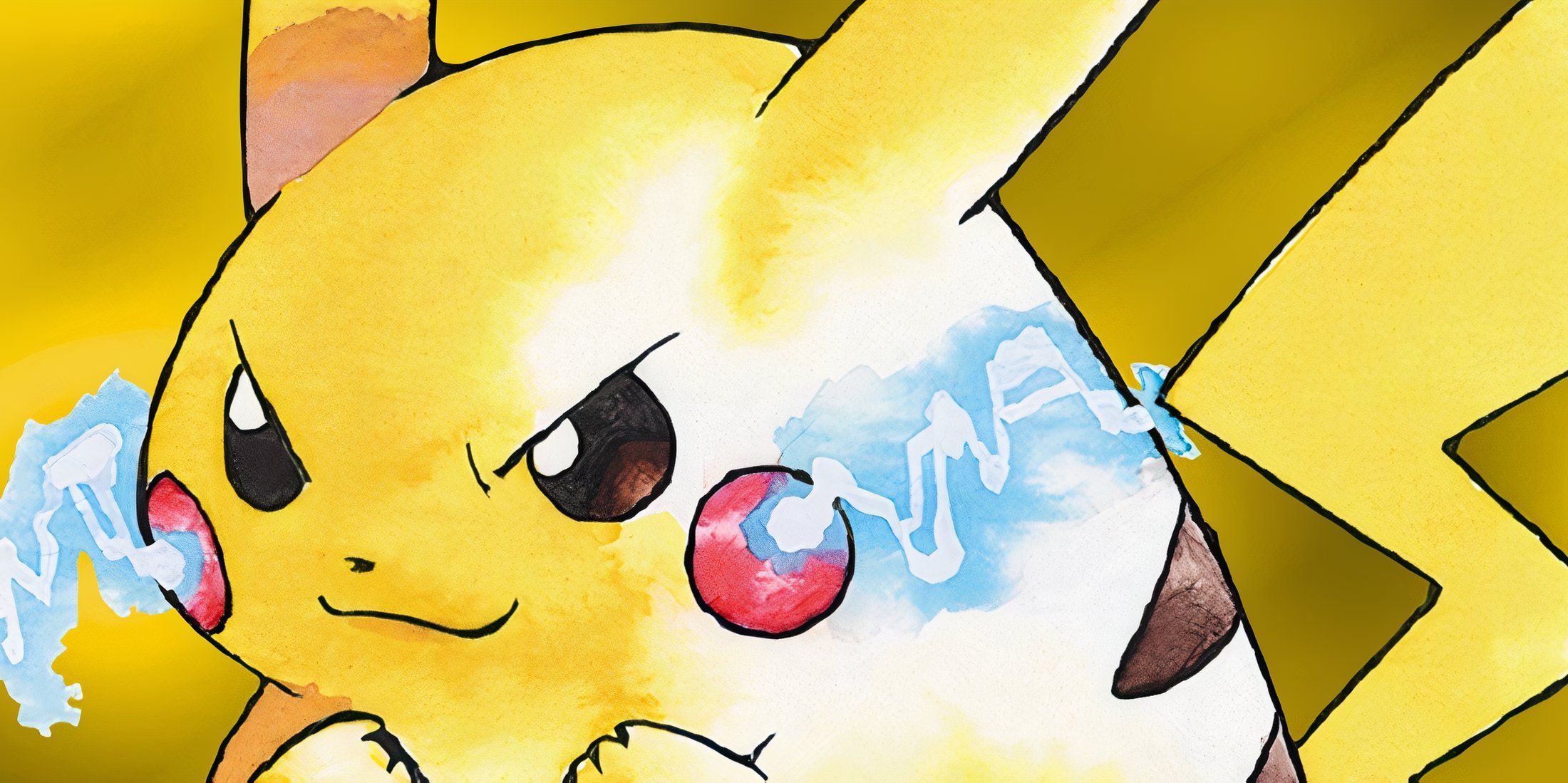Highlights
- Assassin’s Creed Shadows offers a unique feudal Japanese experience with Samurai and Shinobi protagonists, and its changing world looks like it could be a defining feature of the game.
- AC Shadows’ evolving open-world shifts between seasons affecting gameplay, with a spy network mechanic providing strategic advantages.
- Shadows reviving the spy recruitment mechanic and introduing dynamic environments puts it well on its way to being a well-received entry in the franchise.
Fans finally got a comprehensive look at the upcoming Assassin’s Creed Shadows on May 15, with the project getting a big reveal that shed light on its setting, core mechanics, and involved characters. The game, which was previously known as Assassin’s Creed Red, will finally take the franchise to the long-anticipated setting of feudal Japan, and is already shaping up to be one of the most unique entries that the IP has seen in years.
The reveal of Assassin’s Creed Shadows made it clear that the game is aiming to provide a wide range of the feudal Japanese experience, with its two protagonists filling the roles of heavy-hitting Samurai and shadow-lurking Shinobi, and the game being set toward the end of the brutally eventful Sengoku period. With Japan being such a highly demanded setting for Assassin’s Creed over the years, Ubisoft has put a lot of effort into making Shadows‘ open-world an evolving one, and the game will even possess a spy network mechanic to match the shadowy surveillance associated with the era it explores.
Related
Assassin’s Creed Shadows’ Pivot Blade Explained
Assassin’s Creed Shadows is officially bringing back the Pivot Blade, which was first introduced almost twelve years ago in Assassin’s Creed 3.
Assassin’s Creed Shadow’s Evolving Open-World and Spy Network Make For a Welcome Change
The May 15 reveal for Assassin’s Creed Shadows placed a large focus on what game mechanics the game will feature, but smartly gave additional time to explain how it will make its portrayal of 1579 Japan feel alive and breathing. The late Sengoku period was a time of great change and political unrest throughout Japan, and this will be reflected in how the game’s environments change over time.
Like many modern Assassin’s Creed titles, Assassin’s Creed Shadows is set to feature a large open-world for players to explore, and this world will dynamically shift between seasons as the player progresses through Shadow‘s narrative. Not only will this provide a sense of realism and continual variety throughout the game, but these strikingly different seasons will directly impact gameplay.
For example, once the open-world falls under the frost of winter, deep lakes and rivers will be frozen over, limiting underwater concealment that was otherwise available in warmer seasons. Rooftop stealth in colder months can also cause icicles to fall and alert enemies, although things like blizzards can be the perfect storm for ghost-like stealth sequences. Warmer seasons such as spring will provide more greenery for players to hide within, opening up new possibilities for the world of Assassin’s Creed Shadows as time marches on.
Assassin’s Creed Shadows’ Spy Network is a Twist on a Fan-Favorite Mechanic
Another interesting element of Assassin’s Creed Shadows‘ stealthier gameplay is its spy network mechanic, which will see the player recruit, train, and utilize their own legion of spies that can provide crucial information for certain engagements. It is likely that spies will be able to scout locations to give the player insight into points of infiltration and enemy movements in a given area, while also being able to directly aid the player in combat.
Assassin’s Creed Shadows‘ spy system seems very reminiscent of AC Brotherhood‘s assassin recruitment system, which has sadly not featured in the franchise for some time. It seems that Shadows is looking back towards the best of the franchise’s past by reshaping this as the spy network mechanic, while its changing open-world system is a new addition that will hopefully make its locations feel more dynamic and alive than ever.

/cdn.vox-cdn.com/uploads/chorus_asset/file/25582589/DSC08015.jpg)







